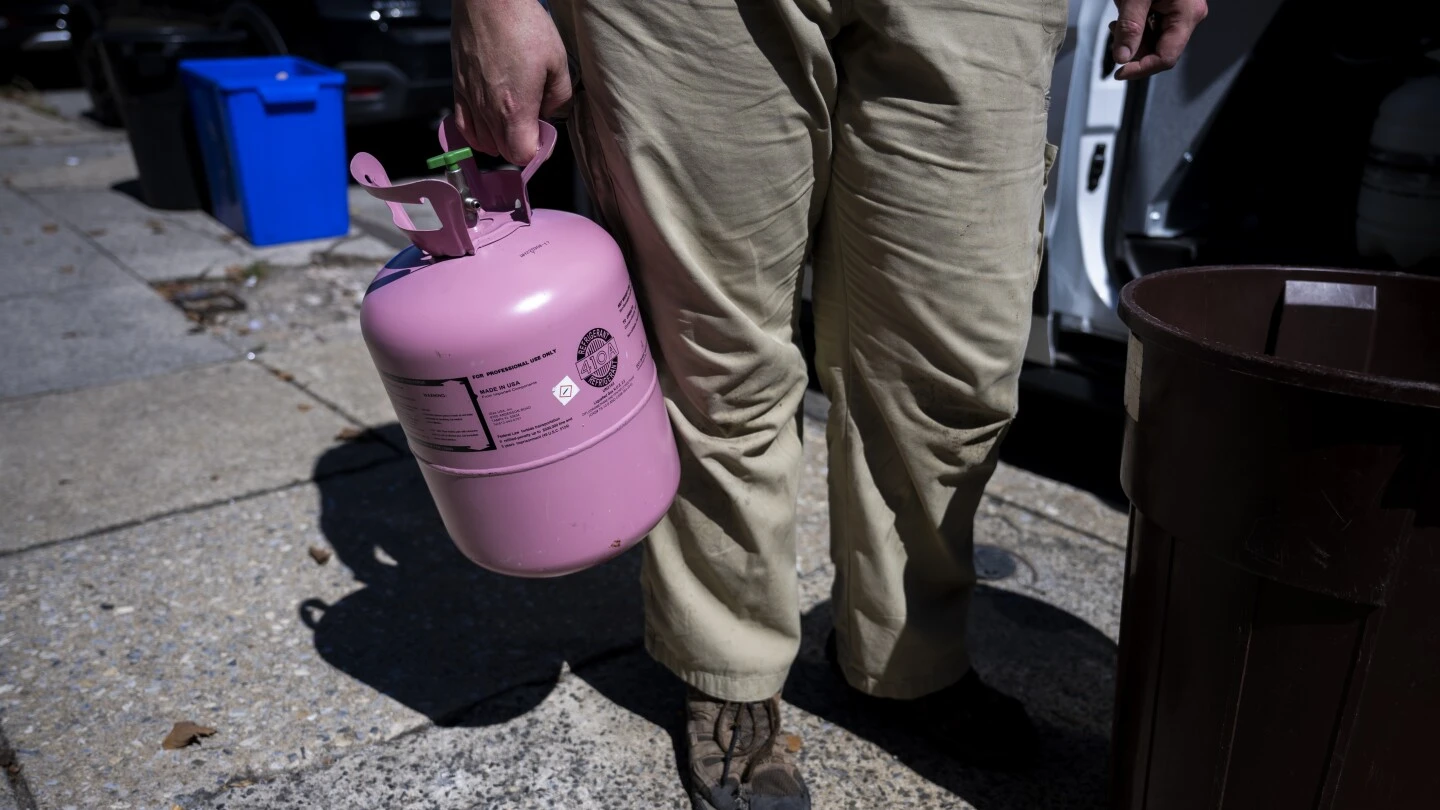I have a problem with the idea that ALL cars are leaking 25% of their refrigerant each year. Even saying 1 in 4 cars have a complete refrigerant failure every year doesn’t sound correct.
I’m looking at the published literature. Something around 2.5% is plausible. Guessing that they left out a decimal point.
Cars have a problem: their AC compressor is driven by a rotating shaft that has to pass through the compressor housing, so it can be turned by a pulley on the engine fanbelt. A seal on a rotating shaft is questionable at the best of times.
Electric compressors, like used in fridges, stationary AC units, and electric cars, just have to get a couple of insulated wires through the housing.
The argument about rotating shaft sealing does not hold up, they keep oil in car engines for better part of a century. In car AC compressors the refrigerant doesnt even come close to the shaft seal, and even if it did we have got the “questionable” seals pretty much worked out.
In cars its the vibration/thermal cycling and the dumb ass drivers that are the problem. They drive their vw passat for 20 years saving on every little service or maintenance and when summer comes every year they go to one of those tents and “fix” their AC by refilling it. Those places should be completely illegal, not even mentioning that in the states you can buy refrigerant in cans so you can “fix” it yourself. As usual its the sheer scale of our convenience that is the problem, not the convenience itself.
Note how often the refrigerant oil doesn’t get out, only the gas. It’s much harder to seal high pressure gases than low pressure viscous liquids.
Also much of the refrigerant in those consumer cans is R290 - aka purified propane. No ozone damage or global warming potential. People should actually be encouraged to use those cans instead of “real” refrigerants. I only recharge vehicles with R290 now as it’s bound to escape again so it had might as well be a cheap and harmless gas.
I feel like all halogenated refrigerants should have been replaced by 290/600a at this point. Hydrocarbons are better in many ways and also dirt cheap.
Definitely doesn’t sound right, but could be possible with heavy bias towards old cars and repeat offenders
I have an 11 month old car and after a service the AC stopped working. All the gas had been released.
didnt we fucking solve that one already
The US mandated a switch-over for new equipment, pursuant to the Kigali amendment. Problem is that there’s a ton of older refrigerants currently in use, and if we don’t actively dispose of the equipment containing them, they’ll leak into the atmosphere as the equipment ages and breaks.
Yep, CO2, Ammonia and HFOs are probably our best bets at the minute to reduce global warming and keeping refrigeration systems.
We solved the ozone layer issues from refrigerant by moving from CFCs to HCFCs then HFCs. That didn’t reduce the greenhouse effect though.
We still have a US sized ozone hole, wtf are you talking about.
Geothermal heating cooling?
Big earth pipes.
I like that idea.




